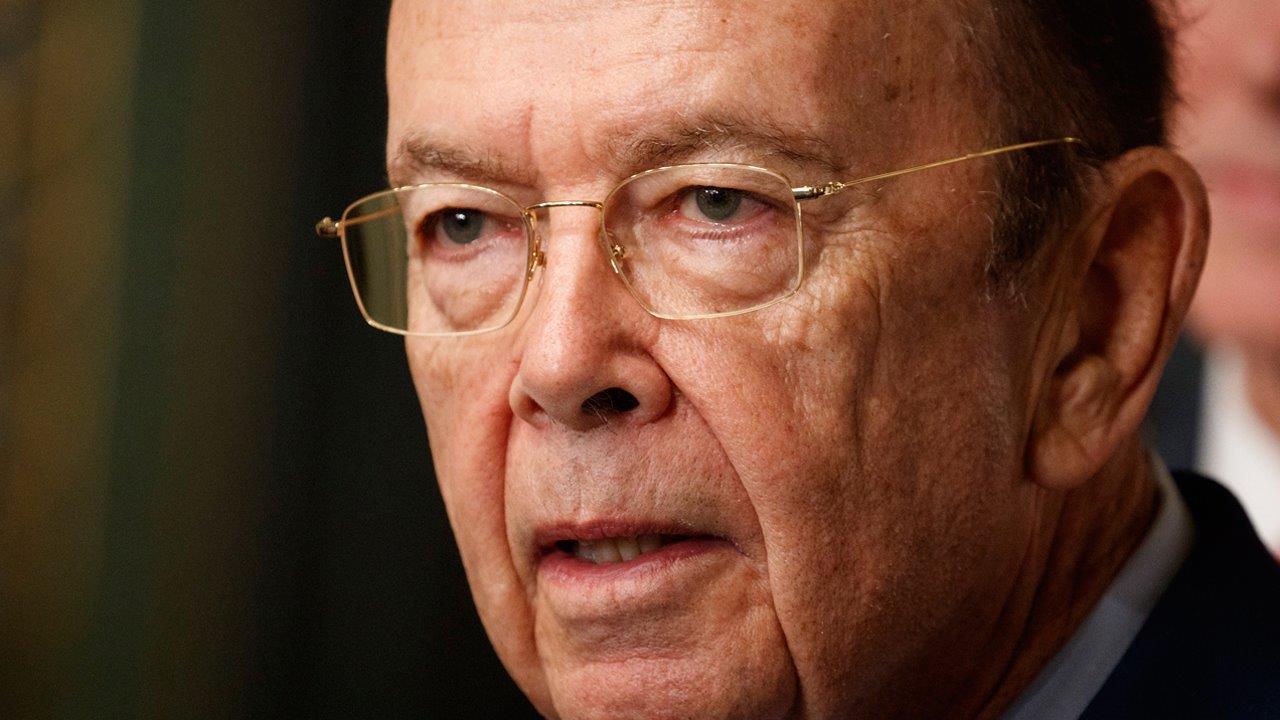US, Mexico sugar deal paves way for NAFTA reform: Wilbur Ross
The U.S. and Mexico struck a trade deal for sugar, avoiding a potential trade war. Commerce Secretary Wilbur Ross says that though it wasn’t necessary, the administration wanted to get the sugar deal out of the way before moving on to efforts to reform NAFTA (North American Free Trade Agreement).
“This has been a very nettlesome, very aggravating factor for quite some little while and we thought it was a very good idea to try to get it out of the way so that we could get on with the much bigger parts of NAFTA that need changing,” Ross told the FOX Business Network’s Maria Bartiromo.
Ross responded to U.S. sugar producers calling for more concessions from Mexico.
“We basically gave them the vast bulk of everything that they had asked for. We’re now down to, in their minds, a technical issue and that is, in the event that the Department of Agriculture forecast of sugar needs are wrong and it turns out that much more needs to be brought in, exactly what are the circumstances under which the Mexican sugar could come in.”
Though there are slight changes in price in this deal compared to the 2014 agreement, Ross didn’t expect a big change in sugar prices for consumers, telling Bartiromo, “I don’t think that this deal should result in a great big spike.”
According to Ross the deal would benefit U.S. sugar refiners.
“The major part is that there will be a much higher percentage of raw sugar available to the United States refiners. Therefore they will be able to do better because they will make what now is roughly a nickel of refining margin rather than it being refined in Mexico.”
Ross weighed in on efforts to reform NAFTA, telling Bartiromo, “NAFTA is an ancient agreement, it’s really the first of the big trade agreements that the U.S. made and therefore it’s a bit obsolete.”
Ross listed several of the factors that trade agreement either didn’t address or didn’t go far enough in dealing with.
“It doesn’t address the digital economy at all, in fact there really wasn’t a digital economy back then. It didn’t address very much about services, especially not about financial services and as you know service is part of our economy, both domestically and in terms of exports, have become very, very important. It also didn’t talk about natural resources.”




















